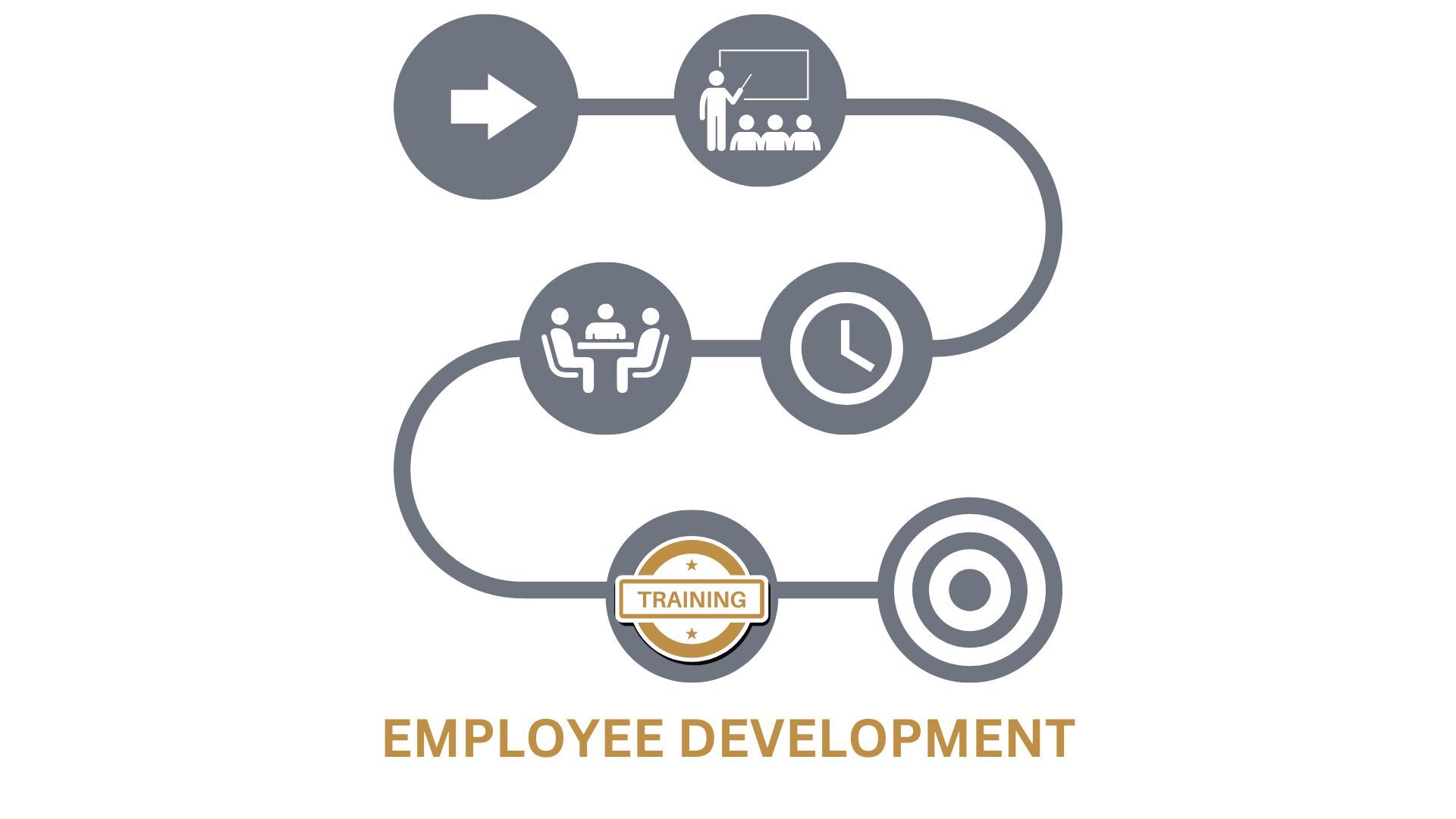In late 2021 we urged RIA owners to, “Wake Up and Smell the Talent Shortage.” At the time we wrote, “Many RIA owners have their heads in the sand and don’t believe they need to court employees with the same passion and enthusiasm they court potential clients or advisors to their firm. They are approaching the hiring process with a mindset of, ‘These employees should be grateful they can come work for me every day.’” We argued that the power dynamics had shifted dramatically and it was the employees who were saying, “This firm is lucky to have me!” and if the employees didn’t feel valued, they were quickly jumping ship to more attractive opportunities (Schwab’s 2021 benchmarking study found that 30% of RIAs that hired in 2020 had lured employees from another RIA).
While rising interest rates and a stock market pullback in 2022 have led to layoffs in several industries, the RIA market is still experiencing a labor crunch, with competition for experienced employees remaining at all time highs. Schwab’s latest benchmarking study, released in the fourth quarter of 2022, cited “Recruiting staff” as the #1 priority for RIA firms – the first time in the study’s 16-year history that staff recruitment topped the list. RIA owners cannot assume their previous methods of recruiting and hiring will work – the game has changed forever. Firms need to be mindful of the fact that employee retention and development is just as important as searching for new talent. As we have written previously, the guiding light of the RIA industry — the fiduciary rule — can have a nasty side effect: while RIA owners live by the mantra, “Put clients’ interests ahead of our own,” it often leads to neglected employees. And without engaged and motivated employees, the number of clients an RIA can serve will be drastically reduced and the quality of service compromised.
Employees cannot be confused about their job responsibilities or their fit into the broader organization. They must have a full comprehension of the firm’s vision, and how their role impacts the firm’s success moving forward. They must feel their employer has laid out a career path for them and is willing to invest in the employee to achieve the needed skills to continue up the organization’s career ladder. Employees want to be heard, seen, and supported. The question is, how should RIAs offer that support?
While he is sometimes a polarizing figure on social media, I happen to be a fan of Gary Vaynerchuk, especially when it comes to his thoughts on leadership and employee development. One of the key messages he tries to hammer into business owners’ minds is: to get the most of your employees, you need to take the time to get to know each of them on an individual level, and really understand what makes each employee tick. While Sally may be motivated by money, Johnny may be more motivated by work-life balance. When you know what is most important to each individual employee, you can better structure their development toward what they value most. Said differently: In order to achieve the RIA’s business goals, it requires engaged and motivated employees, and the only way to achieve that, is by structuring their development around what they value most.
In their report “4 Ways to Retain Key Employees,” Schwab states, “helping employees continue their personal and professional growth creates a strong company culture. You can foster this culture by investing in talent development, such as paying for specialized training, continuing education, or industry certifications.” In Fidelity’s 2018 Talent-Employee Engagement Study, they stated that highly engaged employees say their firm provides:
- Professional development support through training programs
- Support for licensing or credentials
- Online and in-person courses
- Marketing/business development support
How many RIAs are offering such opportunities to their employees?
Fidelity also states in their report “Five Focus Areas for Developing Talent” that “offering employees career development opportunities, mentoring, and recognition – and empowering them to lead work that they care about – can instill greater satisfaction at work and more loyalty to the firm.” It’s incumbent on employers across the RIA industry to go out of their way in every avenue possible, to show employees you are willing to invest in them. As Gary Vaynerchuk says, take the time to understand what each employee individually values most, and do everything in your power to give it to them. With a relationship business such as the wealth management industry, you cannot expect to grow without dedicated employees. And what better way to gain their loyalty than by investing in their personal development?

